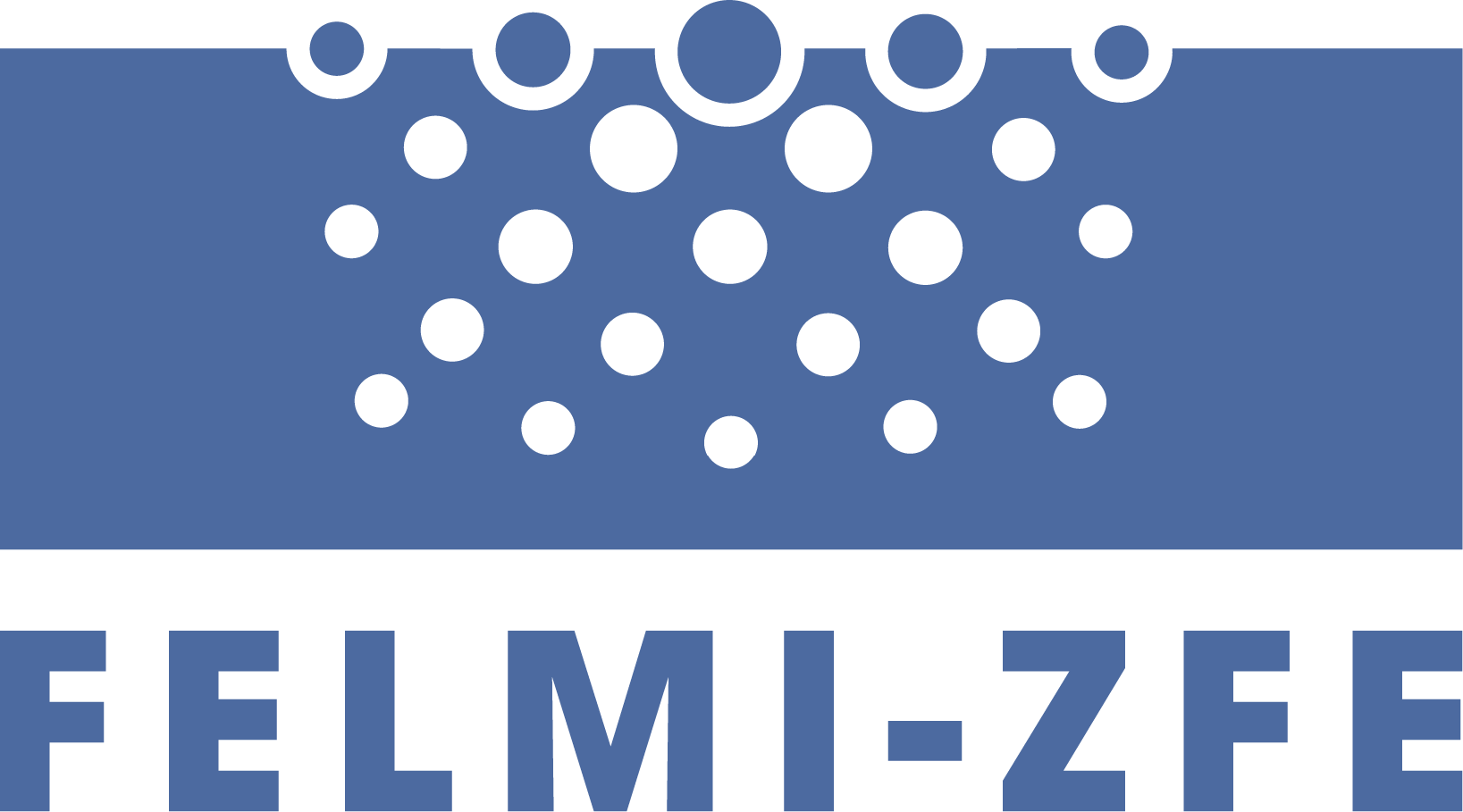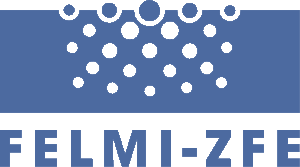When highest scan-speeds in ambient or liquid conditions are needed, the FastScanBio (FSB) from Bruker (see right) is the instrument of choice. This system provides the most common AFM modes namely contact-mode, tapping-mode, phase-mode, electrostatic force microscopy (EFM), and magnetic force microscopy (MFM) for comprehensive material characterization even beyond morphology, as representatively shown below. The system was originally designed for high-speed operation with image rates up to 2 frames per second under optimized conditions[[1],[2]]. Applied in liquids (optionally at varying temperatures from ~ 5 – 50 °C), this enables the real time imaging of biological processes such as enzymatic cellulose degradation (see below) to get unique fundamental insights.
FastScan Bio

Furthermore, this system provides Peak-Force-Tapping (PFT) operation, which is the key for Quantitative Nanomechanical Mapping (QNM) to access laterally resolved information of elastic moduli, adhesion, surface deformation and energy dissipation along with the surface morphology. That is shown for a biomimetic study below, where we focused on surface properties of waterstrider legs to differentiate between morphological and chemical contributions to its floating capabilities on water. By using PFT-QNM, nanomechanical characterization becomes possible, which is barely accessible by any other technique with that kind of lateral resolution and quantitative precision.
By using special 3D nano-probes for advanced EFM / MFM operation modes, developed at FELMI-ZFE (CDL-DEFINE), the performance becomes even more powerful as representatively shown for morphological [[3]] and functional aspects [[4]] below. By that, our FSB system covers a variety of different applications by individual but also by correlated studies, linked to SEM, FIB, Raman microscopy or even TEM.
[1] A Biological Nanomachine at Work: Watching the Cellulosome Degrade Crystalline Cellulose. Manuel Eibinger et al.; ACS Central Science 2020, 6 (5), 739.
[2] Single-Molecule Study of Oxidative Enzymatic Deconstruction of Cellulose. Manuel Eibinger et al.; Nature Communications 2017, 8 (1), 894.
[3] 3D Nanoprinting of All-Metal Nanoprobes for Electric AFM Modes. Lukas M. Seewald et al.; Nanomaterials 2022, 12 (24), 4477.
[4] Additive Manufacturing of Co3Fe Nano-Cones for Magnetic Force Microscopy. Robert Winkler and Michele Brugger-Hatzl et al.; Nanomaterials 2023, 13, 1217.







